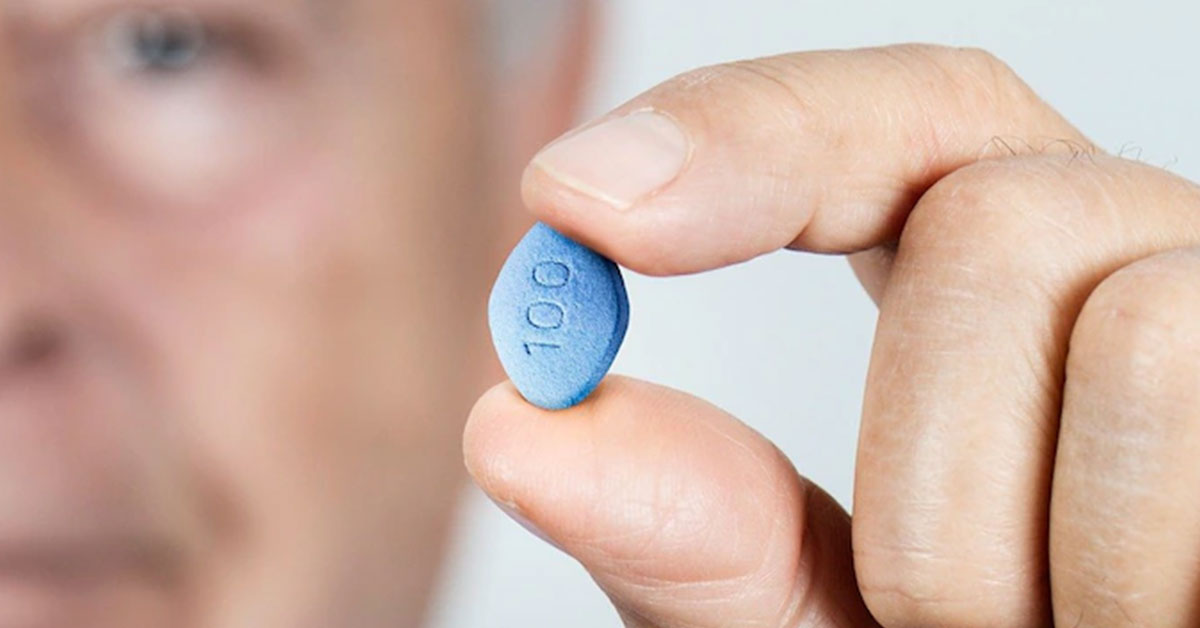Sexual dysfunction is a common issue that affects both men and women, impacting their quality of life and emotional well-being. Understanding the causes, recognizing the signs, and exploring effective treatments are crucial steps in addressing this condition. This article delves into the intricacies of sexual dysfunction, providing a comprehensive guide on its causes, symptoms, and treatment options.
Understanding Sexual Dysfunction
Sexual dysfunction refers to persistent problems that prevent an individual from experiencing satisfaction from sexual activity. It encompasses a range of issues including difficulties with sexual desire, arousal, orgasm, and pain during intercourse. Sexual dysfunction can occur at any stage of life and can be a result of physical, psychological, or relational factors.
Types of Sexual Dysfunction
Sexual dysfunction is categorized into four main types:
- Desire Disorders: A lack of sexual desire or interest in sex.
- Arousal Disorders: Difficulty in becoming physically aroused during sexual activity.
- Orgasm Disorders: Delay or absence of orgasm (climax).
- Pain Disorders: Pain during intercourse (dyspareunia) or other sexual activities.
Causes of Sexual Dysfunction
Sexual dysfunction can stem from various causes, often involving a combination of physical and psychological factors.
Physical Causes
- Chronic Illnesses: Conditions such as diabetes, heart disease, and neurological disorders can impair sexual function.
- Medications: Certain medications, including antidepressants and blood pressure drugs, can affect sexual desire and performance.
- Hormonal Imbalances: Low levels of hormones such as estrogen or testosterone can reduce sexual desire and arousal.
- Substance Abuse: Alcohol, tobacco, and recreational drugs can lead to sexual dysfunction.
Psychological Causes
- Stress and Anxiety: High levels of stress and anxiety can interfere with sexual performance.
- Depression: Depression often leads to a decreased interest in sex.
- Relationship Problems: Issues such as poor communication, unresolved conflicts, and lack of intimacy can contribute to sexual dysfunction.
- Past Trauma: Experiences of sexual abuse or trauma can have long-lasting effects on sexual health.
Signs and Symptoms of Sexual Dysfunction
Recognizing the signs and symptoms of sexual dysfunction is the first step toward seeking help. Common signs include:
- Lack of Sexual Desire: Persistent lack of interest in sexual activity.
- Difficulty with Arousal: Trouble becoming or staying aroused during sex.
- Erectile Dysfunction: In men, the inability to achieve or maintain an erection.
- Pain During Intercourse: Experiencing pain during or after sexual activity.
- Anorgasmia: Difficulty achieving orgasm despite adequate sexual stimulation.
- Premature Ejaculation: Ejaculation that occurs sooner than desired.
How to Treat Sexual Dysfunction
Treatment for sexual dysfunction depends on the underlying cause and the specific type of dysfunction. Here are some common treatment options:
Medical Treatments
- Medications: Prescription medications such as sildenafil (Viagra) for erectile dysfunction or hormonal therapies for hormonal imbalances can be effective.
- Devices: Vacuum devices for men with erectile dysfunction or vaginal dilators for women experiencing pain during intercourse.
- Surgery: In some cases, surgical interventions might be necessary, such as penile implants for severe erectile dysfunction.
Psychological Treatments
- Counseling and Therapy: Psychosexual therapy or counseling can help address psychological causes of sexual dysfunction. Cognitive-behavioral therapy (CBT) is particularly effective in managing anxiety and depression related to sexual performance.
- Couples Therapy: Therapy aimed at improving communication and intimacy between partners can alleviate relational causes of sexual dysfunction.
Lifestyle Changes
- Healthy Diet: A balanced diet can improve overall health and enhance sexual function.
- Regular Exercise: Physical activity improves blood circulation and boosts mood, both of which are beneficial for sexual health.
- Stress Management: Techniques such as meditation, yoga, and deep breathing exercises can help reduce stress levels.
Alternative Treatments
- Herbal Supplements: Some herbal remedies, like ginseng and ginkgo biloba, are believed to enhance sexual function, though it’s essential to consult a healthcare provider before using them.
- Acupuncture: This traditional Chinese medicine technique is thought to improve sexual function by stimulating specific points on the body.
Seeking Help
If you or your partner are experiencing symptoms of sexual dysfunction, it is important to seek professional help. A healthcare provider can conduct a thorough evaluation to determine the cause and recommend appropriate treatment options. Open communication with your partner and a willingness to address the issue together can significantly enhance the effectiveness of treatment.
Conclusion
Sexual dysfunction is a complex issue that can affect anyone, regardless of age or gender. Understanding its causes, recognizing the signs, and seeking appropriate treatment are essential steps in managing this condition. With the right approach, individuals can overcome sexual dysfunction and enjoy a satisfying and fulfilling sex life.










